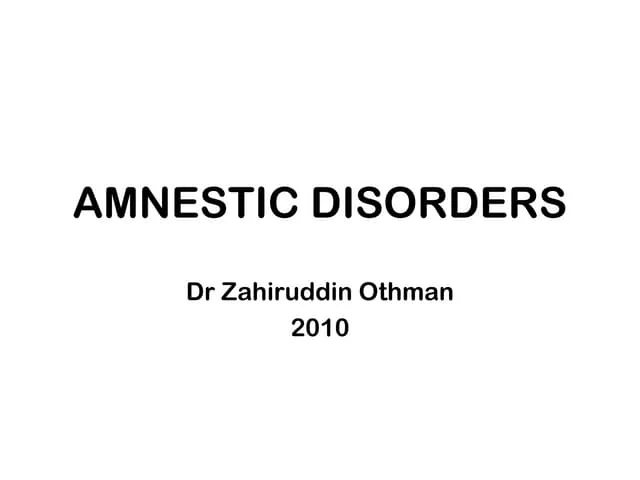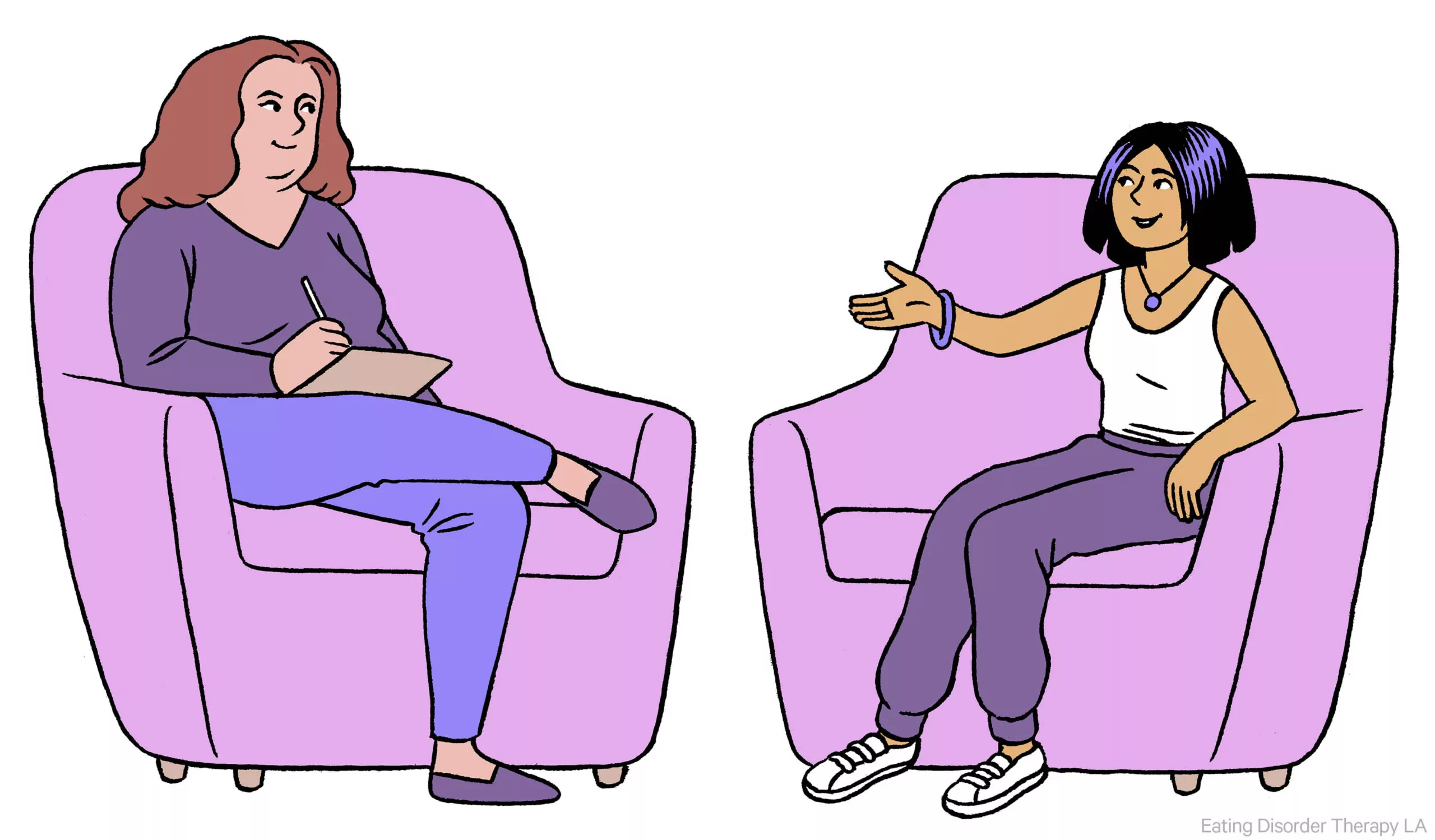Amnestic disorders are a category of mental health conditions characterized by significant memory impairment. These disorders can affect a person’s ability to learn new information or recall previously learned information.
Types of Amnestic Disorders:
- Amnestic Mild Cognitive Impairment: This is a milder form of memory loss that can progress to dementia.
- Major Neurocognitive Disorder (Dementia) Due to Alzheimer’s Disease: A progressive brain disease that causes gradual memory loss and cognitive decline.
- Major Neurocognitive Disorder (Dementia) Due to Vascular Disease: This type of dementia is caused by damage to blood vessels in the brain.
- Substance/Medication-Induced Amnestic Disorder: This disorder results from excessive use of alcohol or drugs.
- Amnestic Disorder Due to Another Medical Condition: This can occur as a result of other medical conditions, such as head trauma, brain tumors, or infections.
Symptoms of Amnestic Disorders:
- Memory Impairment: Difficulty learning new information or remembering past events.
- Confusion: Difficulty thinking, understanding, or problem-solving.
- Disorientation: Feeling lost or confused about time, place, or person.
- Difficulty with Language: Trouble finding words or understanding language.
- Impaired Judgment: Difficulty making decisions or planning.
Causes of Amnestic Disorders
- Brain Injury: Traumatic brain injury or stroke can damage brain cells and impair memory.
- Neurodegenerative Diseases: Conditions like Alzheimer’s disease and dementia can lead to progressive memory loss.
- Substance Abuse: Excessive alcohol or drug use can damage brain cells and impair cognitive function.
- Medical Conditions: Certain medical conditions, such as vitamin deficiencies or thyroid disorders, can contribute to memory problems.
Treatment of Amnestic Disorders
Treatment for amnestic disorders depends on the underlying cause. Some common treatment approaches include:
- Medication: Medications may be prescribed to manage symptoms, such as memory loss or anxiety.
- Cognitive Rehabilitation: Cognitive training exercises can help improve memory and other cognitive functions.
- Lifestyle Changes: A healthy diet, regular exercise, and adequate sleep can support brain health.
- Addressing Underlying Medical Conditions: Treating any underlying medical conditions can help improve cognitive function.
It’s important to seek medical attention if you or someone you know is experiencing memory problems. Early diagnosis and treatment can help slow the progression of the disorder and improve quality of life.



